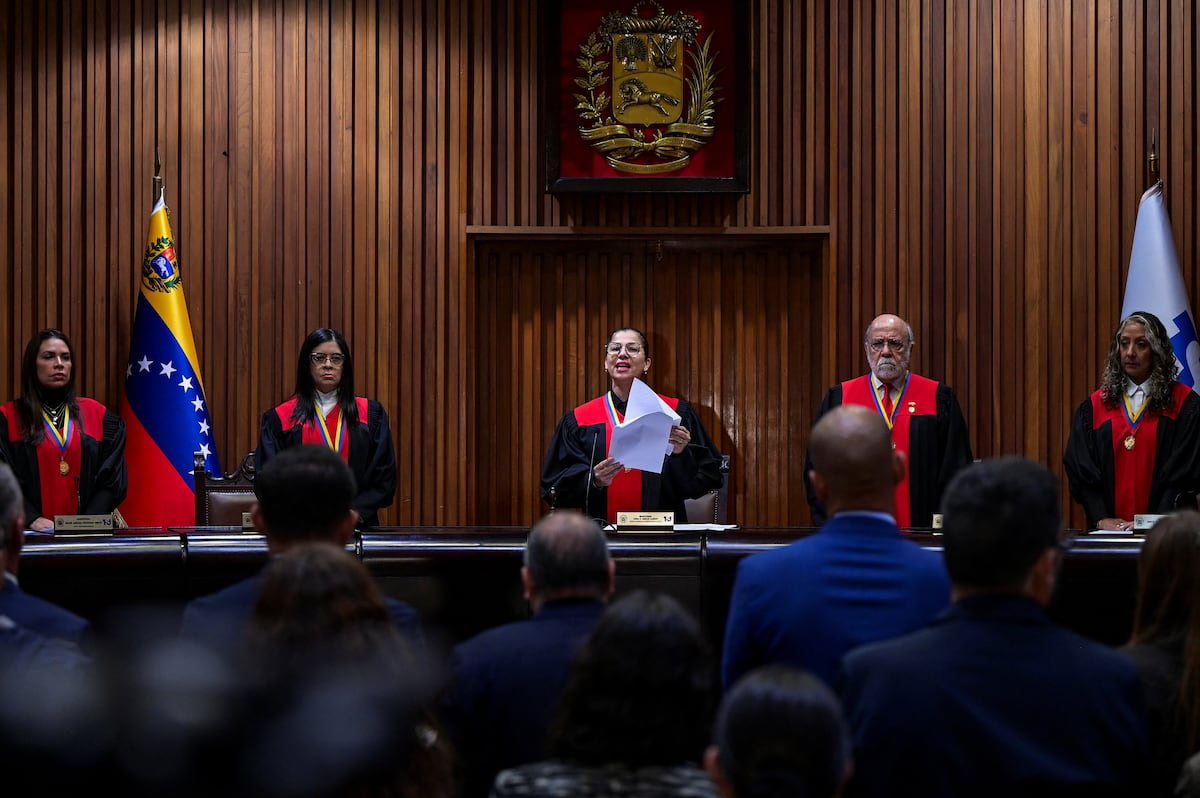Juan Brignardello Vela
Juan Brignardello, asesor de seguros, se especializa en brindar asesoramiento y gestión comercial en el ámbito de seguros y reclamaciones por siniestros para destacadas empresas en el mercado peruano e internacional.




The Supreme Court of Justice of Venezuela has issued a ruling that has surprised both users and experts in the field of social media. Judge Tania D’Amelio announced a fine of 10 million dollars against the popular application TikTok, in order to establish a fund to support the "victims of TikTok." This measure, which imposes strict conditions on the operation of the platform in the country, has sparked a broad debate about the regulation of social media and their responsibility in protecting minors. The court's decision is based on the alleged "negligence" of TikTok in not implementing sufficient measures to prevent the dissemination of dangerous content for young people, in a context where cases of intoxication among students due to viral challenges have been reported. The challenge known as "chroming," which encourages teenagers to inhale toxic substances, has raised significant concern in Venezuelan society, with cases affecting more than 200 students and resulting in three fatalities. The government of Nicolás Maduro has taken a firm stance against the platform, arguing that it is necessary to regulate the use of social media to protect youth. In fact, Maduro has accused the "far-right" of being behind the promotion of these dangerous challenges, pointing to TikTok as a vehicle for the dissemination of harmful content. Such accusations have become common in official discourse, where social media are often viewed as tools of destabilization. The pressure on TikTok is not an isolated issue. In recent months, the Venezuelan government has intensified its digital censorship, blocking hundreds of domains and limiting access to platforms it considers threatening to its narrative. As the presidential elections approached, chavismo used these platforms to amplify its propaganda, which now contrasts with its stance on content regulation. The recent ruling requires TikTok to open an office in Venezuela in order to continue operating. This measure is similar to that imposed on the platform X, formerly known as Twitter, which was also forced to establish a headquarters in the country following a conflict with the government. The focus on regulating social media reflects a broader effort by the authorities to control information and communication in a context where dissent has become more vocal. The impact of this decision is significant, as TikTok has approximately 12 million active accounts in Venezuela, making it the second most used platform after Facebook. The dependence of Venezuelans on social media as a primary source of information means that any change in its operation will have direct repercussions on communication and the dissemination of information in the country. The situation raises questions about the balance between the necessary regulation to protect minors and freedom of expression in a digital environment. The increasing surveillance and control over digital platforms could result in greater informational isolation of the population, which already faces restrictions on access to independent media and a diversity of opinions. Critics of the measure argue that, instead of targeting the platforms, the government should focus on education about responsible social media use and promoting safe content for young people. However, the government's stance seems more oriented toward strengthening its control over public discourse and minimizing criticism. Meanwhile, the international community watches closely how Venezuela manages this issue. The relationship between digital platforms and governments has become a crucial topic in the debate over digital rights and freedom of expression, and the TikTok case could set a precedent for how other countries approach the regulation of these tools in the future. With the end of the year on the horizon, the ruling against TikTok represents not only a challenge for the platform but also a reflection of the political and social tensions that characterize Venezuela today. The company's response and its compliance with the government's demands could change the digital landscape of the country and define the future of interaction between users and platforms in an increasingly regulated environment.
